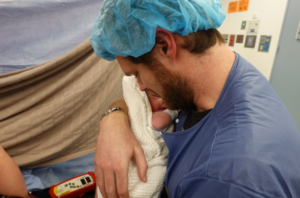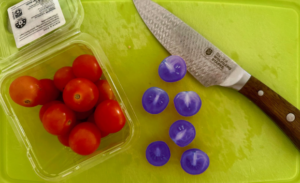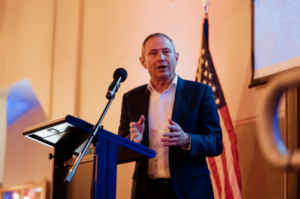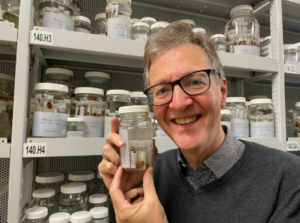We can’t remember everything.
Instead, our brains pick out things that are important to burn into our long-term memory.
But is there a way to take back control over our memories?
Whether you’re studying for an exam or want to create the best holiday memories, here’s how to trick your brain into remembering the things you want.
GIVE YOURSELF A REWARD
UWA experimental psychologist Dr Alice Mason is researching how rewards can influence what we remember.
“Rewards are anything that makes us feel good,” she says.
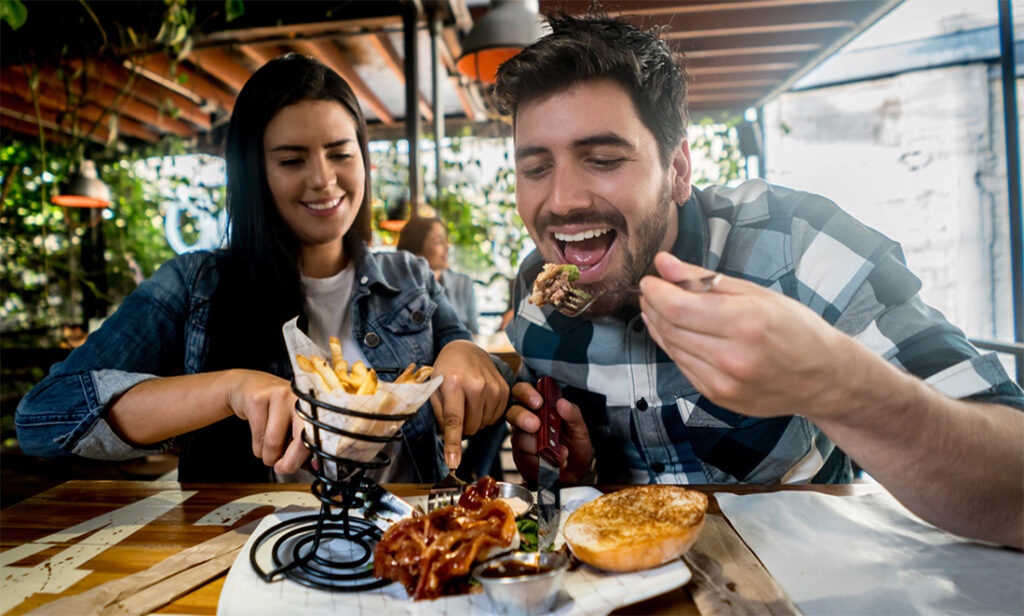
"...they activate the reward system in the brain and release a natural chemical called dopamine.”
“Typically, we talk about primary rewards—so these are food, drugs and sex—and they activate the reward system in the brain and release a natural chemical called dopamine.”
In the lab, Alice uses money—a secondary reward—to look at how it can help people remember things.
For instance, she might tell people to remember ‘cat’, ‘dog’ and ‘fish’, and if they remember ‘cat’, they’ll receive 20c.
The technique works.

And the best thing is you don’t even have to use real money. Being awarded points alone is enough to boost memory.
“Just that feeling of doing well is enough to activate your reward system,” Alice says.
The downside? Awarding money or points can’t make you remember more items, they can only boost your memory for some items over others.
MAKE IT A GAME
Want to level up from the points technique? Create a game-like environment.
Alice says we remember things best when there’s uncertainty about the reward.
For instance, people are even more likely to remember the word ‘cat’ from a list when told that, if they remember it, they’ll get to roll a dice, and if they roll a 6, they’ll win a prize.
In the classroom, this technique could be harnessed by making students spin a wheel to win a prize if they remember certain things.
“When you’re in an environment where, in general, some things are being rewarded and some things are not … that really does help boost your engagement,” Alice says.
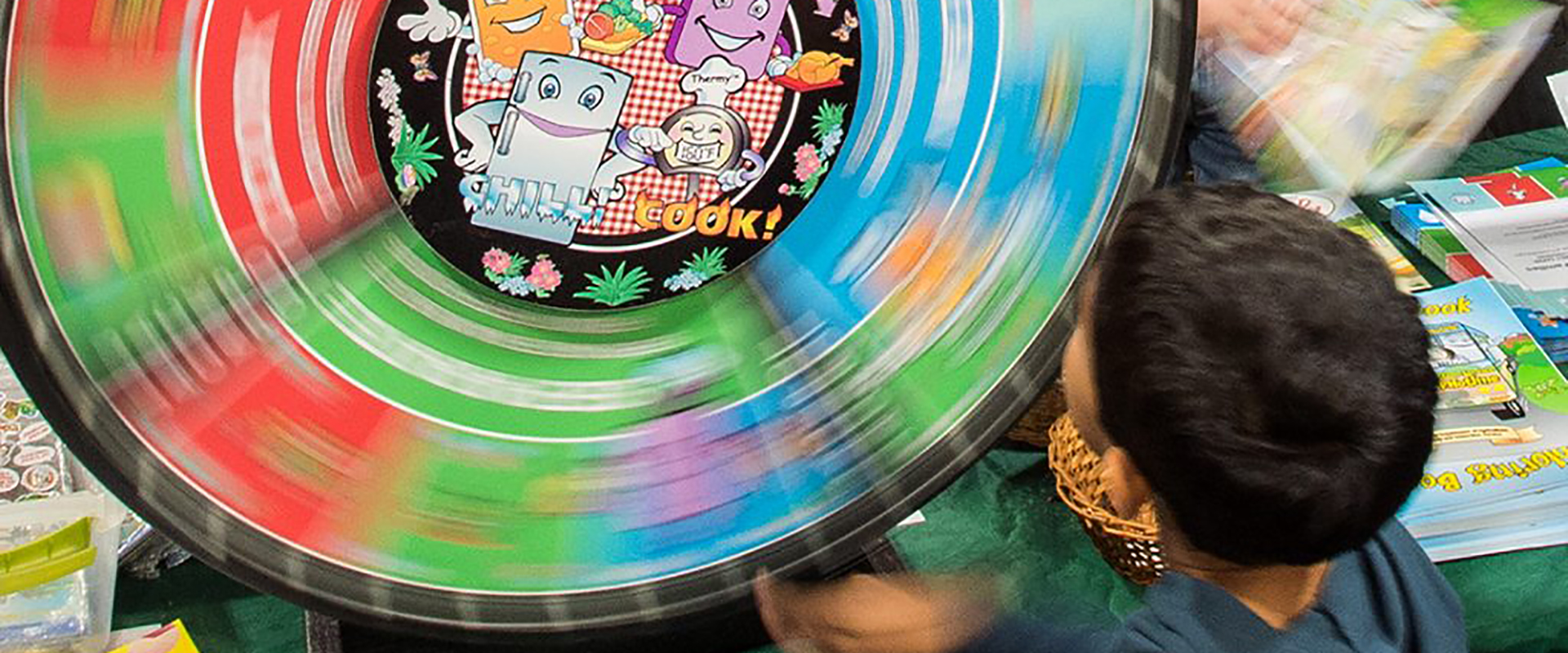
GET SOME SLEEP
There are lots of theories about how sleep helps us store memories.
Alice says one of the most popular is that, when we learn, we lay down a short-term trace in a region of our brains called the hippocampus.
“During sleep, it’s thought that those memories are transferred into a more permanent store in the neocortex in the brain,” she says.
“It’s thought that that information in the neocortex is integrated with old knowledge.”
MAKE THE FIRST AND LAST THINGS COUNT
Finally, Alice says we’re prone to remembering the first and last things that happen.
So if you want to come away with a good memory of a holiday, do the best things on the first and last days.
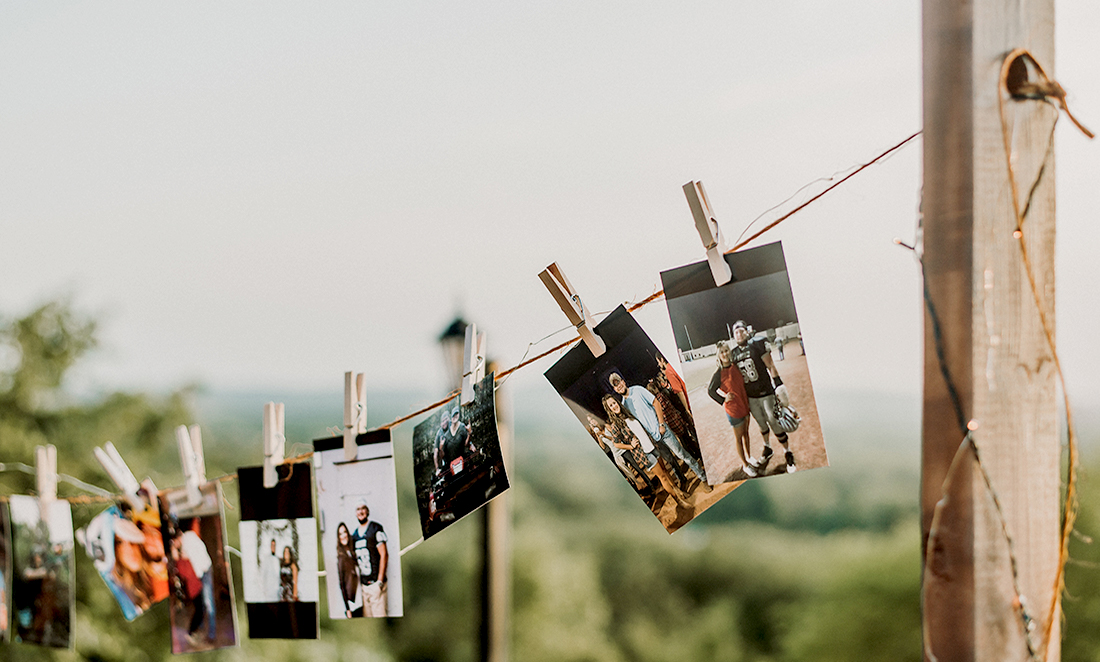
“We know that people are more likely to remember those initial moments of the holiday and those final moments of the holiday,” Alice says.
“Whether those were good or bad is going to sway your overall experience.”



